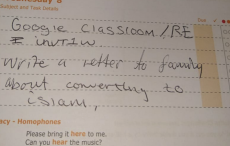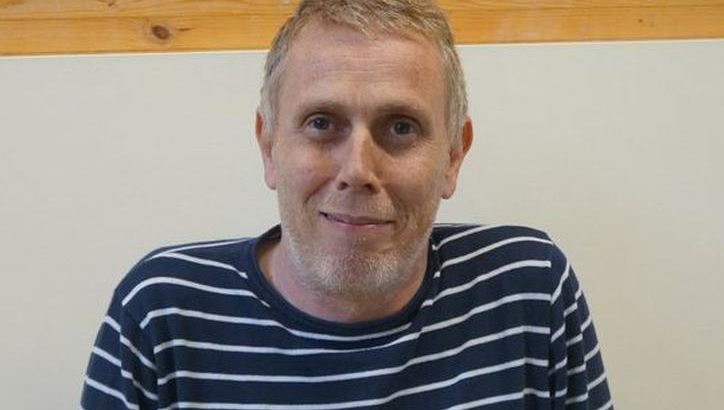Reino Unido/Noviembre de 2017/Fuente: Mirror
Resumen: Los adolescentes conocedores de Internet de hoy en día son más aventureros sexualmente que aquellos hace 20 años, según una encuesta británica sobre las actitudes sexuales cambiantes.
Los Millenials británicos directos no están teniendo relaciones sexuales antes que sus contrapartes en la década de 1990, pero están experimentando con diferentes tipos de sexo.
Today’s internet savvy teenagers are more sexually adventurous than those 20 years ago, a British survey of changing sexual attitudes found.
Straight British Millennials are not having sex earlier than their counterparts in the 1990s but are experimenting with different kinds of sex.
But the proportion of sexually active 16 to 24 year olds who said they have had vaginal, oral and anal sex during the last year has risen, from approximately one in ten women and men in 1990 to 1991, to one in four men and one in five women in 2010 to 2012.
And some of the largest increases in the prevalence of oral and anal sex over the past decade were observed among those aged 16 to 18.
Yet the median age of 14 for the first heterosexual experience such as kissing and the median age of 16 at first intercourse whether oral, vaginal or anal has not changed much in recent decades.
The readily availability of internet porn , greater promiscuity, and bisexual experiences among girls could be part of the reason why these types of sex have risen.
The findings mean sex education may need to be updated to ensure safe sex and teenagers are not coerced into doing things they may not want to, scientists said.
The study explores the changes in young people’s sexual practices using nationally-representative data from the National Surveys of Sexual Attitudes and Lifestyles (Natsal), the largest scientific studies of sexual health and lifestyles in Britain.
These three studies, Natsal 1, 2 and 3, have been carried out every 10 years since 1990, and have involved interviews with more than 45,000 people to date.
Lead author Research Associate Dr Ruth Lewis conducted the work while at the London School of Hygiene & Tropical Medicine but is now based at the MRC/CSO Social and Public Health Sciences Unit, University of Glasgow.
«At a time when much sex and relationships education is being updated, keeping pace with current trends in sexual practices is crucial so that curricula are tailored to the realities of young people’s experiences,» she said.
«By shedding light on when some young people are having sex and what kinds of sex they are having, our study highlights the need for accurate sex and relationships education that provides opportunities to discuss consent and safety in relation to a range of sexual practices.
«It is important to keep up to date with trends in sexual lifestyles to help young people safeguard their health and increase their well being.»
The study which also involved researchers from University College London and NatCen Social Research was published in the Journal of Adolescent Health .
Fuente: http://www.mirror.co.uk/science/scientists-call-more-graphic-sex-11551920













 Users Today : 12
Users Today : 12 Total Users : 35460760
Total Users : 35460760 Views Today : 19
Views Today : 19 Total views : 3419958
Total views : 3419958